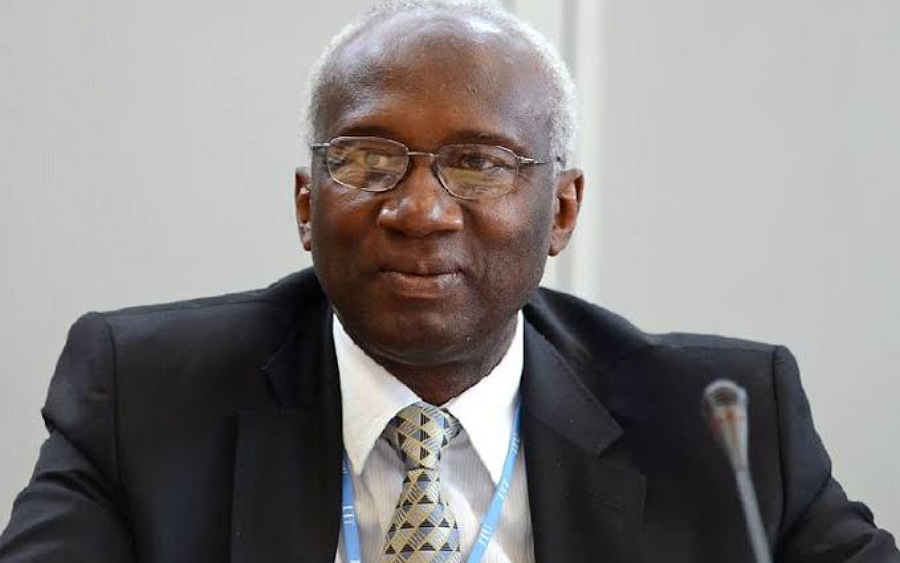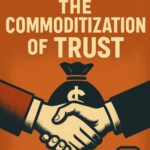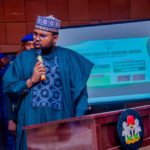On Monday night, Dr Ernest Ndukwe, former Executive Vice Chairman of NCC, spoke on a Channel Television interview on how he made NCC what it is today and the successes it has recorded.
How I achieved it.
It took six months for the GSM companies to prepare once we licensed them. The first calls were made by MTN and Econet. Econet eventually transformed into what is now called Airtel today. So basically, once that initial foundation was laid, a lot of investment started coming in. I did not dwell very much on preparation for the auction, because that too was very foundational.
How I achieved it
There were obstacles even from the onset, especially from those who were used to feeding from NITEL.
Everybody had gathered for the auction in Abuja. The president had left for a visit outside the country when a call came, saying that the president wanted us to suspend the auction. Talking about mindset, I had already made up my mind to go ahead with the auction.
I decided I was not going to stop, because we had people all over the world watching. We were to publish the stages of the auction as we went along.
Since it lasted for three days, there was no time to dwell on the pressure. A call was placed to the Vice President,Atiku Abubakar, who was acting for the president at that time saying the president had asked that the auction be stopped. The VP was very resolute. He said he was one of the last persons the president saw before he took off on his international trip, and the president never told him any such thing. He insisted we should just continue with what we were doing.
That was a very important move because if it had been stopped at that time, it would have been a very bad day for Nigeria in the eyes of the international community. But we went ahead, and the auction was a huge success.
Talking about my mindset: because of my training and experience in decision-making, I knew what I was responsible for and to whom I was responsible.
It was not difficult to decide what to do. First of all, one of the principal successes of any business is manpower. When I got to the NCC, the staffing was not adequate. In fact, people used to joke at that time that we had only one and a half engineers within the NCC. Of course, we had other staff—some economists, some lawyers, people in personnel management—but for a company that was so technology-dependent, it needed a strong retinue of technical and engineering manpower. So one of the first things I needed to do was to build the staffing of the place.
Next was the issue of salaries. The civil service salary was particularly poor. We decided we needed to put NCC staff on a different salary scale. The reason was simple: if you are going to regulate people from the private sector who are much better paid, you needed to put those who regulate them on a competitive scale. With that approval, we went ahead to bring in people from other agencies and from outside. We also sorted that out.
We had to embark on training—both locally and internationally—to equip the staff and help them get acquainted with regulatory practices. That included myself, because I too was new to the regulatory environment.
As an aside, when I was looking at government before this appointment, the one job I had my eyes on was to be MD of NITEL. I saw how underperforming NITEL was, despite all the potential to be a major force in the Nigerian telecommunications industry. But because of government interventions and poor staffing policy, once you had a mentality not oriented towards performance and improvement, it was always a problem. So I never dreamt of being a regulator before the surprise announcement. But quite honestly, I always say that the 10 years I spent at NCC were the best in my professional life.
For many reasons. I had a first five-year tenure as EVC of NCC. Even before the end of the two years of that first term, I no longer described myself as a private sector person—I was becoming a public servant. It’s like politicians: when you ask them, they tell you, “I’m not a politician,” but meanwhile they are in politics.
By the time I finished my first five years, it was obvious to me that being a public servant was something to be proud of.
In the private sector, as an MD, you are responsible to your board of directors and to your shareholders. In public service, the decisions you make affect the whole country. They change many things for everybody. That’s why it was such a pleasure to call myself a public servant after five years in office, because we could see the impact of what we were doing. Like you said, people now call me the father of telecom regulation in Nigeria. I couldn’t have achieved that from the private sector. It wasn’t possible.
There are certain things you do in office that change many things for the people, and that is why I am so particular about what our public servants do in this country. Many of them should realize how important the position they hold is, and the trust that comes with it for the development of this country. It is not a time for selfish pursuit, but for what you can do to enhance national development.
That mindset helped me. Coming from the private sector, I was not easily dictated to when it came to decision-making. I carried that boldness into public service. Of course, I also had strong political cover. My chairman, bless his soul, Ahmed Joda, was very close to President Obasanjo. They had been friends long before he was appointed NCC chairman. So access to the president was easy. And Joda was such a great man—he never interfered in the executive management of the NCC. He sat on the board professionally and protected us when we needed it. That was so important.
Anybody in a major public service appointment who doesn’t have that kind of cover will struggle. Political cover is so important. If what you do is not appreciated, you are left exposed. If you are doing a good job, it sometimes becomes a problem.
That solid foundation is what has helped the NCC survive even uptill today. We still have a strong crop of regulators at the NCC. To be honest, there was a time someone suggested that some of us who worked in telecom regulation should move to the power sector to help build up that industry. But really, all that is required is honesty of purpose, doing things the right way, and in time, it will work.
Even after I left the NCC, people came to me and said they got licenses there without knowing anybody. As long as you meet the set parameters, you will get your license.
It was open, transparent, and we insisted on that all the time.


























